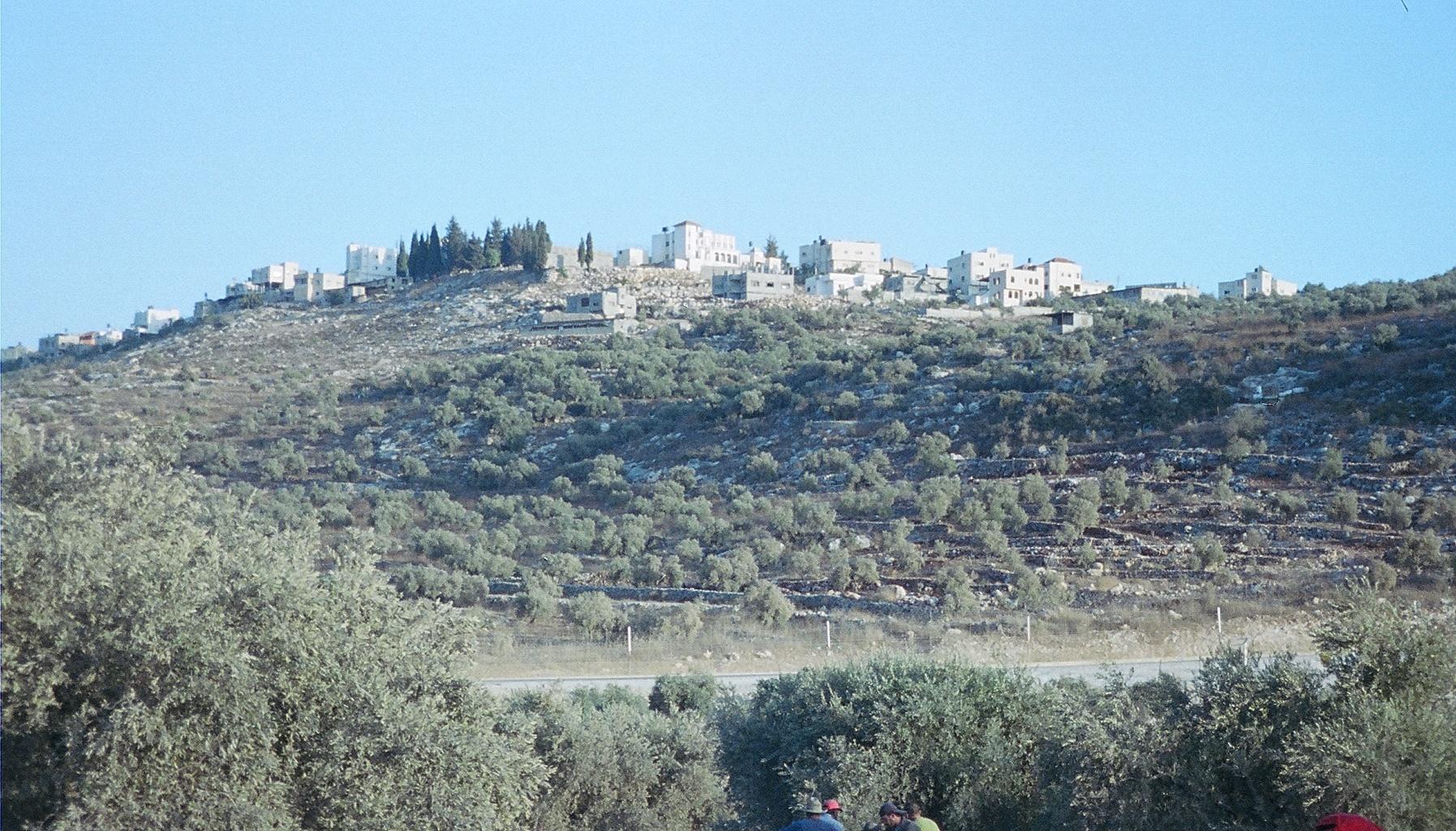
CNN's crawl below the televised image of Ehud Olmert's speech reveals the nature of the "peace" he discussed at the U.S. Congress, 24 May 2006.
A Palestinian without a country who calls Montréal home...for now.




As I was doing research for my next post I came across this article written by an Australian-Palestinian girl who goes back to visit her destroyed village in Israel.
Since my queries of 'going home' again seems to have drawn so much attention I thought reprinting this would be appropriate.
Rihab Charida
October 2004
After spending nearly two months in the
What has to a large degree been more shocking and difficult to witness is the occupation of
And then we reached Yaffa. Beautiful anceint Yaffa on the coast of
From Yaffa we drove up to
In the morning we made our way up towards the north of
From Safad we began making our way to Safsaf. It was in the refugee camps in
I felt angry and somehow guilty that I was able to visit Safsaf and they were not. I remembered photos that my relatives showed me of themselves at the Lebanon/Palestine border standing there with
During the drive up I began to recall stories that my father had told me about the day they fled Safsaf. In October 1948 the men of the village fought to protect the lands and people of Safsaf. My father, who was nine at the time, remembered the day when his father returned home after weeks of fighting. His gun had melted and he no longer had the means to fight. The men of the village were insufficiently armed and outnumbered so they decided to gather their families and seek refuge in
On the 29th October 1948 Safsaf fell. On that day almost half of the 250 villagers were massacred, ten of whom were from my family. Many of the young men were lined up against the wall and shot down in front of their mothers. Those that were able to get away fled to
The only reference point that we had to find Safsaf was an Israeli area called Sifsufa (its not just the lands that were stolen, but even the names), which was built by the Jewish Agency in 1949 beside the lands of Safsaf. The only way to find Sifsufa was by using an Israeli map which had all the names of the Jewish areas that had replaced Palestinian ones.
When we arrived to Safsaf I felt a rush through my body. The village is surrounded by beautiful green hills with tall Safsaf trees, the trees that give the village its name. Only three buildings still stand there, half demolished from the attack in 1948 which destroyed everything else in the village. Humbled by the beauty, history and sacrifice of the place I got down on my knees and cried into the earth and into the stones of the buildings.
One of the buildings was being used as a change room and bath for a sports team. Dirty clothes were thrown on the grounds of one room and a dirty bath in another. Each of the buildings had been spraypainted with hebrew words that I cared not to understand. While standing there a few Israelis walked over to the area and began walking through the unused building. "What are you doing here?" I asked.
"What are you doing here?" they asked me.
"What am I doing here? I come from here. This is my village".
What they were doing there was turning one of the buildings into a restaurant.
"But these are Palestinian homes!"
"Maybe".
"No definitely. My father was born here, my grandfather and great-grandfather, all born here. These are our homes".
"Maybe," and with that he walked away to examine the building.
I felt so frustrated and powerless at the same time. They walked around the building right before my very eyes in total disregard for what I had just told them. I shouldn't have been shocked, they have been doing this since 1948, taking what's not theirs with full knowledge of who it belongs to.
I wanted to speak to my father and let him know where I was. I called him and heard his loud voice turn soft. When I heard that he was holding back tears I began to cry. He told me "Baba why are you crying? Haven't I always told you that we will back one day? That it's not over?"
"Of course you did Baba. Of course you did."
